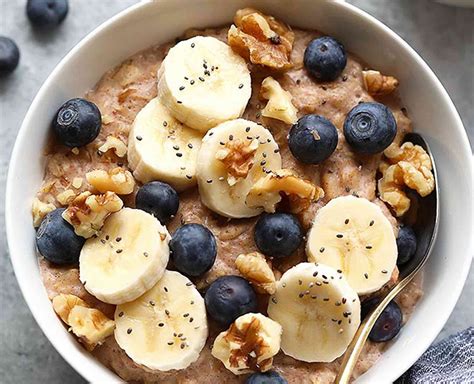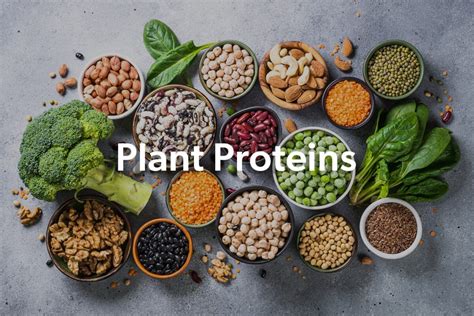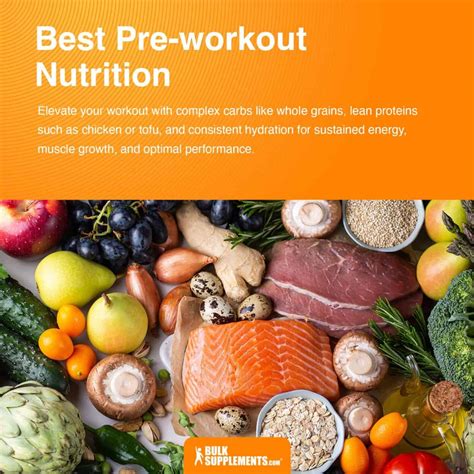What are the best pre-workout nutrition strategies for sustained energy & peak performance?

Fueling Your Body for Optimal Performance: The Pre-Workout Edge
Achieving peak performance and sustained energy during your workouts isn’t just about what you do in the gym; it starts long before, with strategic pre-workout nutrition. The right fuel can make the difference between a sluggish session and one where you push boundaries, recover faster, and maximize your results. Understanding the science behind pre-workout fueling empowers you to optimize your body’s energy systems and support muscle function.

The Power of Macronutrients Before Training
Each macronutrient plays a distinct role in preparing your body for exercise. A balanced approach ensures you’re getting the right energy sources and protective elements.
Carbohydrates: Your Primary Energy Source
Carbohydrates are the body’s preferred fuel, especially for high-intensity exercise. They are broken down into glucose, which is stored as glycogen in your muscles and liver. Adequate glycogen stores are critical for preventing fatigue and maintaining power output.
- Complex Carbohydrates (2-3 hours before): Opt for foods like oats, whole-wheat toast, brown rice, quinoa, or sweet potatoes. These provide a steady release of glucose, ensuring sustained energy throughout your workout.
- Simple Carbohydrates (30-60 minutes before): If you’re short on time, a small amount of easily digestible simple carbs, like a banana, fruit juice, or energy gel, can provide a quick energy boost without weighing you down.
Protein: Muscle Protection and Repair
Consuming protein before a workout helps prevent muscle breakdown during intense exercise and kickstarts the recovery process. It also contributes to satiety, preventing hunger pangs mid-session.
- Sources: Lean protein like chicken breast, turkey, Greek yogurt, cottage cheese, or a protein shake.
- Timing: Include protein with your main pre-workout meal (2-3 hours out) and potentially a smaller amount with a closer snack.

Fats: Sustained, Long-Term Energy (in moderation)
While fats are a vital energy source for lower-intensity, longer-duration activities, they digest slowly. Consuming too much fat immediately before a workout can lead to digestive discomfort and slow down the absorption of other nutrients. Integrate healthy fats into your balanced pre-workout meal (e.g., avocado, nuts, olive oil), but keep them minimal if training soon after.
Timing Your Nutrition for Maximum Impact
When you eat is almost as important as what you eat. Strategic timing optimizes nutrient absorption and minimizes digestive issues.
- 2-3 Hours Before Workout: This is the ideal window for a larger, balanced meal. Focus on complex carbohydrates, lean protein, and a small amount of healthy fats. This allows ample time for digestion and nutrient delivery to your muscles.
- 30-60 Minutes Before Workout: If you need a quick boost or didn’t eat a full meal, a small, easily digestible snack is perfect. Think simple carbs and a touch of protein – a banana, a rice cake with a thin spread of nut butter, or a small protein shake. Avoid anything heavy or high in fiber/fat.

Hydration: The Unsung Hero
Don’t overlook the critical role of hydration. Dehydration, even mild, can significantly impair performance, energy levels, and focus. Aim to drink plenty of water throughout the day, and specifically 16-20 ounces of water 2-3 hours before your workout, and another 8-10 ounces 30 minutes prior.

Considerations and Customization
- Avoid: High-fiber foods, excessive fats, and highly processed sugary snacks right before a workout. These can cause digestive upset or energy crashes.
- Caffeine: For some, a moderate amount of caffeine (e.g., coffee) 30-60 minutes before can enhance focus and performance, but it’s not essential for everyone and should be used cautiously.
- Supplements: While not strictly “nutrition,” creatine, beta-alanine, and BCAAs are popular pre-workout supplements. Research their benefits and consider if they align with your goals and consult a professional.
- Listen to Your Body: Everyone’s digestive system and energy needs are unique. Experiment with different foods and timings to discover what works best for you without causing discomfort or energy dips. Keep a log of what you eat and how you feel during your workout.

Conclusion
Optimizing your pre-workout nutrition is a powerful tool in achieving sustained energy and peak performance. By strategically consuming the right balance of carbohydrates, protein, and healthy fats, along with proper hydration, you can fuel your body to push harder, recover faster, and consistently perform at your best. Remember that consistency and personalization are key; find what fuels your fire and stick with it.








